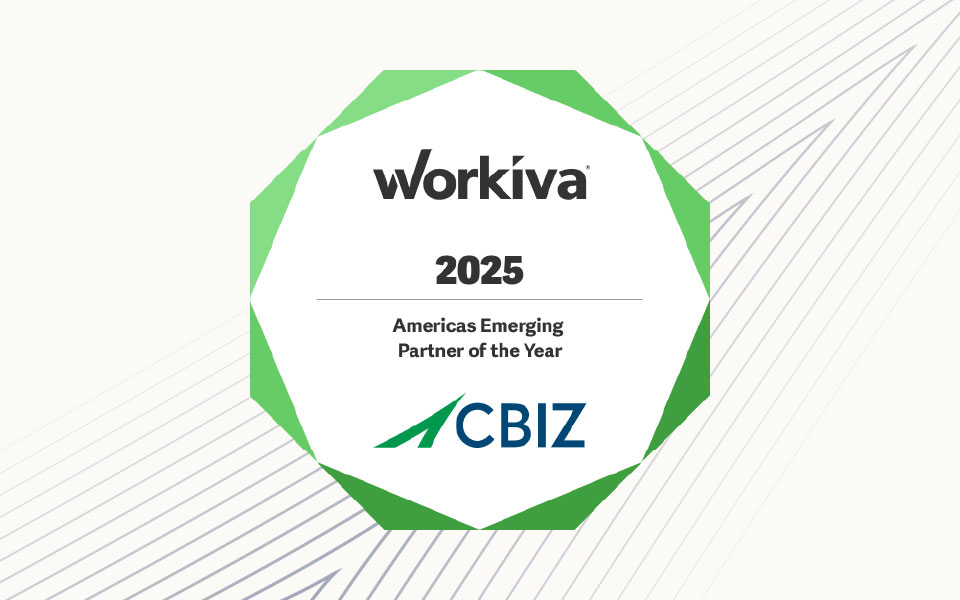The adoption of the Current Expected Credit Loss (CECL) standard represents a significant shift in financial reporting. With many organizations already navigating this new terrain, the requirement to implement CECL extends to additional entities for fiscal years starting after December 15, 2022. This regulatory evolution necessitates a proactive approach to maintain compliance and ensure the integrity of financial disclosures.
CECL, as outlined in Accounting Standards Update (ASU) No. 2016-13, introduces an approach to estimating credit losses and recording allowances. This is based on forward-looking information on expected contractual cash flows that may not be collected. The reach of the CECL standard is extensive, impacting a variety of financial instruments, from financing receivables to held-to-maturity debt securities. It is incumbent upon all affected entities, including smaller reporting companies (as defined by the SEC), non-SEC filer public business entities, and non-public business entities, to assess the impact of CECL on their financial reporting practices and make the necessary adjustments. The new model requires businesses to make forecasts based on reasonable and verifiable data from past events, parable economic situations, and current market conditions. Companies must have data that can be objectively verified across different economic cycles to back their position.
Certain financial assets, such as those measured at fair value or receivables arising from operating leases, are not subject to CECL. It is critical for entities to identify which assets are within the standard’s scope to ensure accurate reporting and compliance with the new requirements.
The transition to CECL requires a strategic review of existing IT systems, an update to internal controls, and a readiness to incorporate potential adjustments within financial statements. Organizations must also be prepared to provide detailed disclosures that transparently convey their compliance with CECL.
The path to full CECL compliance is iterative, emphasizing the importance of regular reviews and enhancements to processes and controls. This commitment to ongoing improvement is as important as the initial implementation, and will help to ensure that an organization’s financial reporting remains robust and aligned with the standard.
The implementation of CECL is a critical undertaking for financial entities, demanding careful planning and execution. CBIZ’s Financial Accounting & Advisory Services team is equipped to guide organizations through the complexities of CECL adoption, offering expertise in project management, methodology development, and control implementation to facilitate a compliant and effective transition.
Engaging with knowledgeable advisors like CBIZ can ease the burden on internal teams, providing the support needed to navigate the intricacies of CECL. Ensuring your organization is well-prepared for these new reporting standards is not just a regulatory requirement, but a strategic business advantage.
© Copyright CBIZ, Inc. All rights reserved. Use of the material contained herein without the express written consent of the firms is prohibited by law. This publication is distributed with the understanding that CBIZ is not rendering legal, accounting or other professional advice. The reader is advised to contact a tax professional prior to taking any action based upon this information. CBIZ assumes no liability whatsoever in connection with the use of this information and assumes no obligation to inform the reader of any changes in tax laws or other factors that could affect the information contained herein. Material contained in this publication is informational and promotional in nature and not intended to be specific financial, tax or consulting advice. Readers are advised to seek professional consultation regarding circumstances affecting their organization.
“CBIZ” is the brand name under which CBIZ CPAs P.C. and CBIZ, Inc. and its subsidiaries, including CBIZ Advisors, LLC, provide professional services. CBIZ CPAs P.C. and CBIZ, Inc. (and its subsidiaries) practice as an alternative practice structure in accordance with the AICPA Code of Professional Conduct and applicable law, regulations, and professional standards. CBIZ CPAs P.C. is a licensed independent CPA firm that provides attest services to its clients. CBIZ, Inc. and its subsidiary entities provide tax, advisory, and consulting services to their clients. CBIZ, Inc. and its subsidiary entities are not licensed CPA firms and, therefore, cannot provide attest services.















